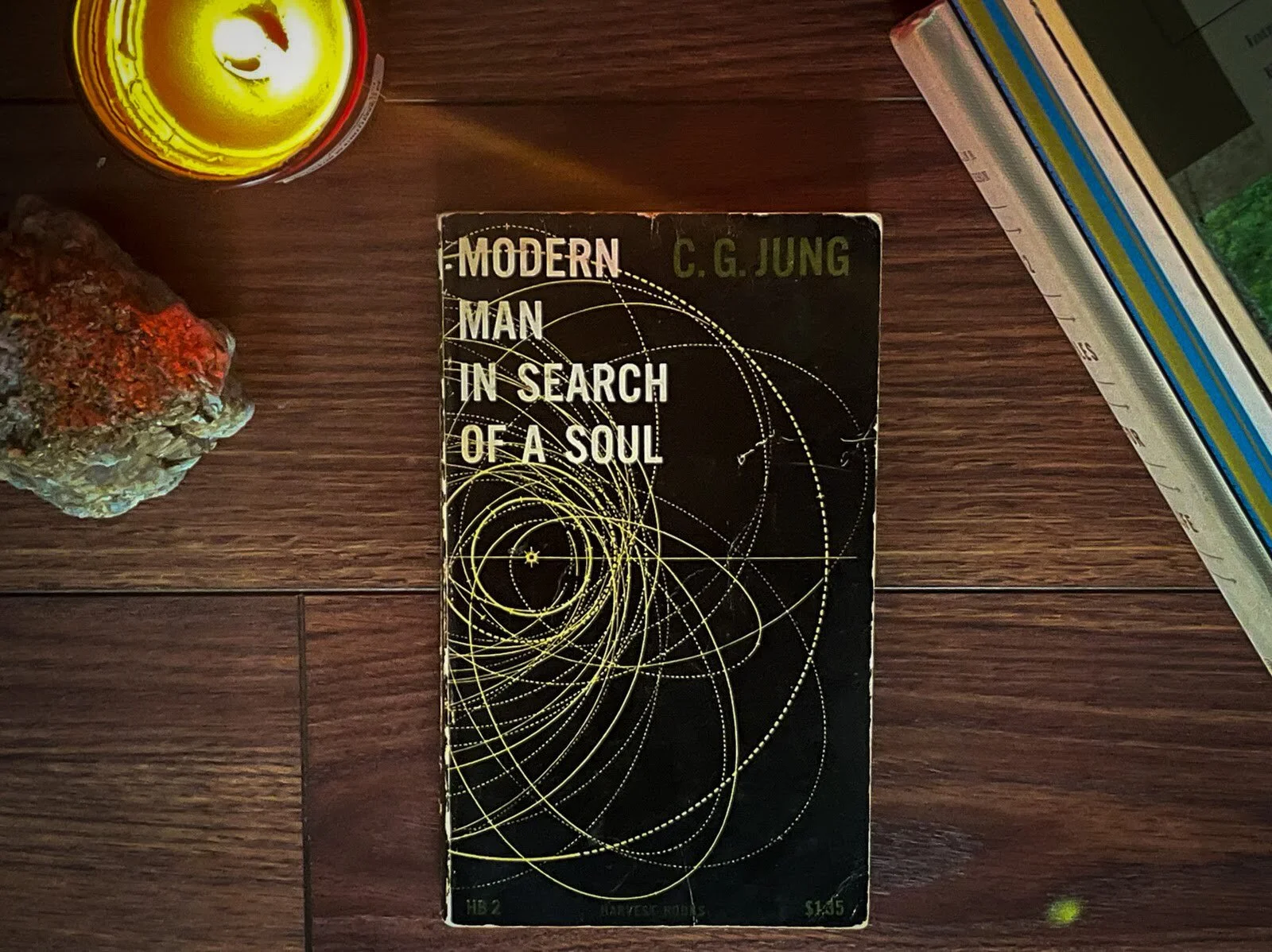Giving Others’ Opinions Their Due
This post contains affiliate links which I may earn commission through at no extra cost to you.
In today’s post, I’d like to reflect on a quote from Carl Jung’s book Modern Man in Search of a Soul.
Who?
If you didn’t know, Carl Jung was one of the founding fathers of the field of psychology.
He was born in 1875; studied psychiatry and medicine in university; then became a devout student, practitioner, and creator of psychology from 1900 until his death in 1961. He was also an artist and prolific writer.
During his life, he worked closely with Sigmund Freud, the father of psychoanalysis, and is responsible for many of the most widely known psychological concepts such as archetypes, the collective unconscious, and extroversion/introversion.
The Quote
Modern Man in Search of a Soul is a collection of essays written by Jung on a wide variety of topics relating to this field. These range from dream analysis to clinical experiences to the relationships between psychotherapy and religion.
In one chapter, Jung discusses the then growing field of psychology. He draws comparisons between different schools of psychiatric study. As a precursor to his analysis, he makes this statement:
“I have always felt the need of comparing the numerous viewpoints. I have never succeeded in the long-run in not giving divergent opinions their due. Such opinions could never arise-much less secure a following-if they did not correspond to some special disposition, some special character, some fundamental psychic experience that is more or less prevalent. If we were to exclude such opinions as simply wrong and worthless, we should be rejecting this particular disposition or this particular experience as a misinterpretation-that is, we should be doing violence to our own empirical material.”
Jung tells us that though he has differing opinions than some of the other schools of thought, he does not dismiss them as being incorrect. He is aware that there is likely some truth to their beliefs even if he does not personally see it because otherwise they would not exist.
Okay Don but we're not psychologists so what's the point?
This quote stood out to me because I believe it is a very healthy way to look at the world. Not only in psychology or even other fields, but in all of our relationships with others. Let me explain.
I often see people criticizing and judging others based on their opinions. They see the viewpoints of someone that differ from their own and they immediately dismiss those people as incorrect and unintelligent.
The most obvious example to me is our political parties. It is common to hear someone who is a democrat or republican having contempt for a member of the other party because of their beliefs. It also is not rare to hear them dismiss the party as a whole for being undeniably wrong about issues.
They don’t consider the possibility that they could be the ones who are ignorant and that they might not know the entirety of the issues at hand.
I think taking the sentiment from Jung's statement in Modern Man In Search of a Soul can help us to avoid this mode of thinking.
In the same way that those schools of psychology wouldn't have arisen if they did not provide some sort of truth, the beliefs of others would not exist if they did not provide some tangible value to them.
If you were able to see the world through the eyes, memories, and emotions as another, you would understand the reasons that they hold their convictions. This is empirical evidence for a justification of those beliefs even if they are wrong.
The larger and larger the collectives of those sharing those sentiments; however, the more likely it is that there is some reason that the idea you disagree with is not necessarily wrong but it requires a different point of view to hold.
This is not to say that there aren't scenarios where you are right and someone else is wrong, it is just to point out that it may serve well to each of us if we attempt to start each interaction from the assumption that someone has good reason for their beliefs instead of thinking they are most likely wrong.


